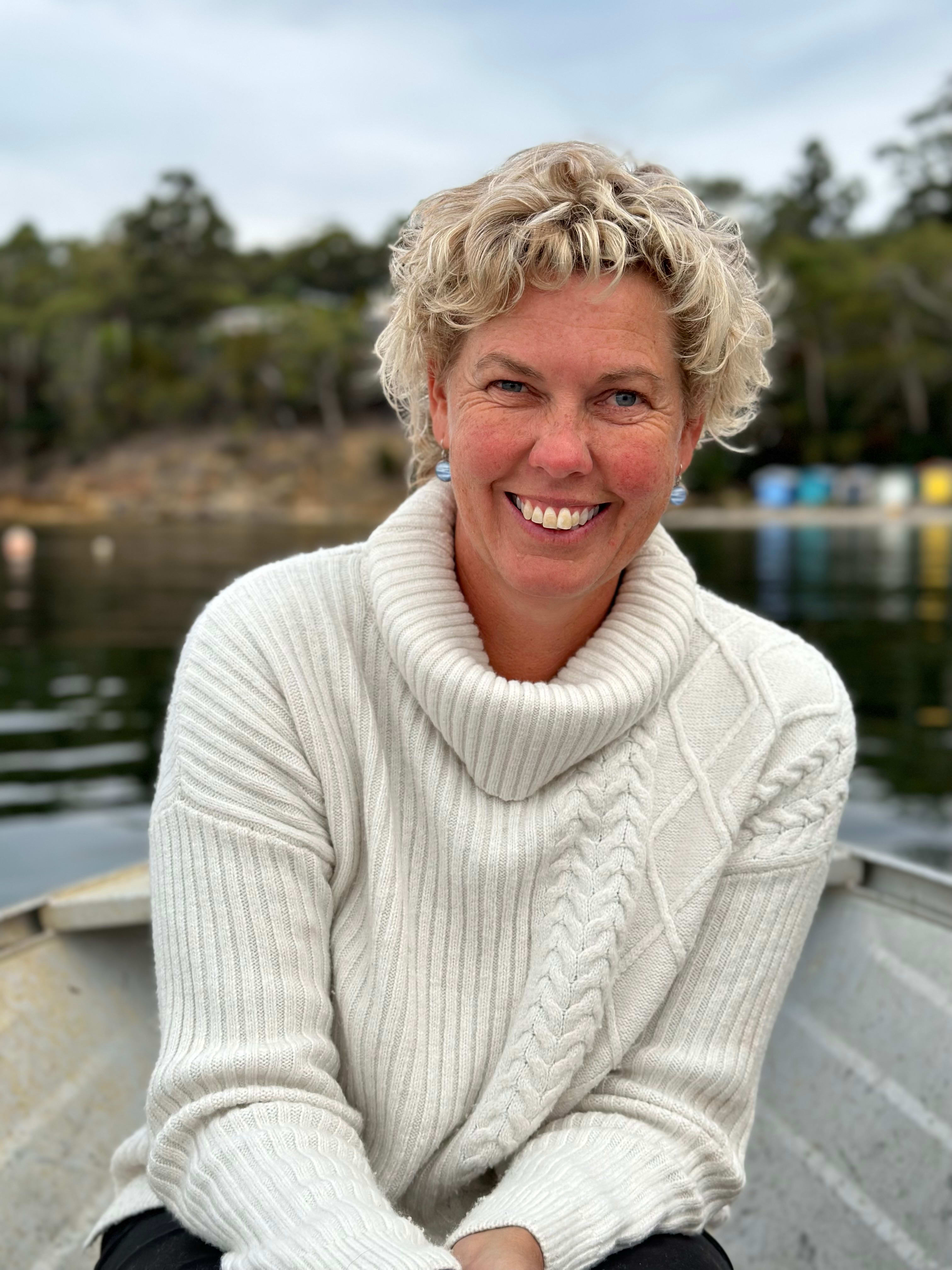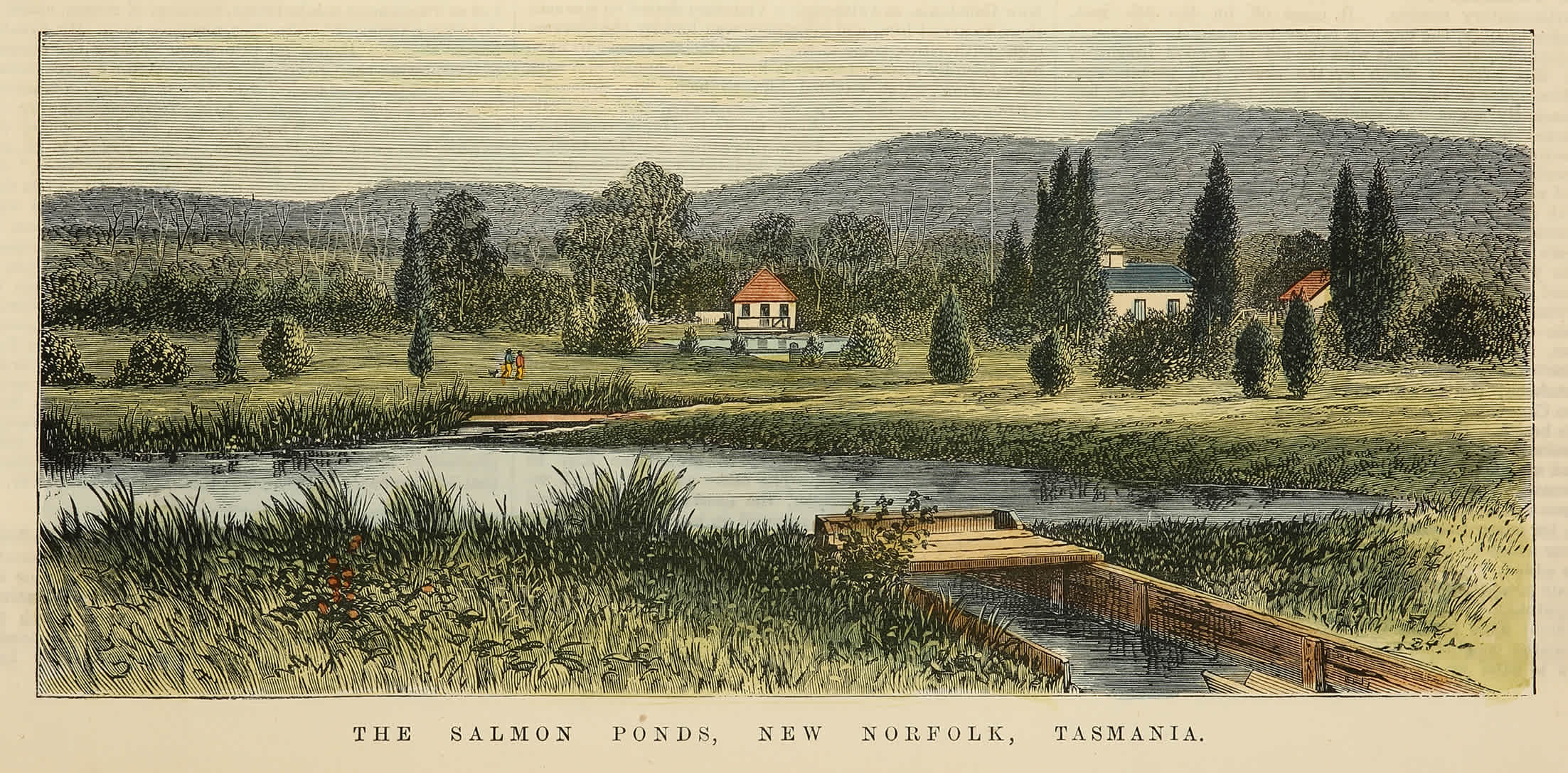The great secret of writing is that good stories are like ducks on a lake: the hard work lies not in what the audience sees, but in what it can’t: the silence between the lines; the things that are written and abandoned but still filter through in the white space; the kicking beneath the surface.
Since the day I first crossed its threshold 13 years ago, I have tried to spend as much time as possible in what the students and teachers of Launceston College call The Writing Room. C Block, Room 206, is an island in a landscape of otherwise fairly homogenous classrooms. It has comfortable chairs, bookshelves topped with bric-a-brac, items brought back from teacher holiday travels in the holidays scattered all around the place, and an enormous artwork a student once did that they tell me is a young Dylan Thomas, but which looks more to me like Peter Davison in Doctor Who.
This is the place where stories are born.
One of the things I love about The Writing Room is its sense of freedom. When I began teaching English Writing, my only real rule aside from a handful of no-go topics was that I didn’t want to read about break-ups. The ending of a relationship in the teenage years, I know, feels like an earth-shattering, no-one-else-could-ever-have-felt-or-could-ever-feel-like-this lightning strike, but translating those feelings into something that is original and meaningful on the page, as someone still finding their voice, can be a huge challenge.
At least, that was my contention until a young writer I was working with showed me his poem about breaking up with his girlfriend. The central metaphor of the piece was a wristwatch that she had given him: a constantly ticking, gnawing reminder of the moments that they had shared, as well as marking the time of all of the unshared solitary seconds to come. At the end of the poem he takes the watch to a park and smashes it on the concrete. I cried reading his work – as I have done a hundred times with a hundred different students since – and the next day my only real rule was gone.
In my class, students are always referred to as “writers”, because that is the way that I see them. As my old boss Damian at Stories Bookshop once told me, when I declared my ambitions many years ago, the definition of a writer is fairly simple: someone who writes. People often believe that writing can’t be taught, but my experiences lead me to disagree. Certainly, there are some young writers who find themselves on the back-foot for most, if not all, of the year, scrambling to catch up to their classmates who have read and been read to since the day they were born, and who think of reading and writing the way that most people think of sleeping and breathing: as an essential part of the fabric of their daily lives. But the core skills of technique and editing certainly do make students better writers. An elegant phrase, sensory detail, symbolic imagery – these are the ways in which words can, sometimes, become something more than words. They are the means through which simple ideas might become transcendent.

My identity as a writer was born in this room. It was here that I announced to my teacher, Rosie, that my friend Tom, who had recently gained his P plates, had promised to take me to Hobart after school the following week to meet my favourite writer, Neil Gaiman. Here I invented my alter-ego, Riviera Snivellhagen, the world’s worst poet. Here I learnt that the great secret of writing is that good stories are like ducks on a lake: the hard work lies not in what the audience sees, but in what it can’t: the silence between the lines; the things that are written and abandoned but still filter through in the white space; the kicking beneath the surface.
I am told that when success at university is tracked back to subjects studied in Years 11 and 12, the highest correlation is found in those who studied English Writing. Is this because the subject fosters creative thinking? Is it because all communication, really, comes back to storytelling? Is it because the work we do in the creative writing classroom is never truly done, but instead must be returned to, over and over again, always with an eye to making it better?
Of course it’s all of these things. And more.
When Star Wars director George Lucas attended the University of Southern California, there was a sign above the door to his film school classroom which read: “Reality ends here”. The stories that we tell often defy the facts of our real lives, yet they create pools of the imagination in which the truth cannot help but bubble to the surface. It is here in The Writing Room that invented empires rise and fall, that magic is made, memories are held safe behind staples and ink, and the secret desires of young spirits are realised and made solid.
The work students create in my class is a time capsule. Some of us write to tell the world what we know, but I suspect that most of us write because we want to find words for the things we only half-comprehend. Writing is an excavation, and through it we discover the archaeology of our hearts.
 Next year – 2023 – is English Writing’s final year. After that, the subject will be replaced by something new – at the moment, an offering whose moniker is “English Studio”. While many mainland schools have been publicly criticised for failing to offer a broad selection of creative writing opportunities, it should be a badge of pride that Tasmania (through the Office of Tasmanian Assessment, Standards and Certification and the University of Tasmania) still has the creative writing discipline offered at a dedicated subject level in both pre-tertiary and tertiary contexts.
Next year – 2023 – is English Writing’s final year. After that, the subject will be replaced by something new – at the moment, an offering whose moniker is “English Studio”. While many mainland schools have been publicly criticised for failing to offer a broad selection of creative writing opportunities, it should be a badge of pride that Tasmania (through the Office of Tasmanian Assessment, Standards and Certification and the University of Tasmania) still has the creative writing discipline offered at a dedicated subject level in both pre-tertiary and tertiary contexts.
It remains to be seen what a new version of the course will look like, but like many other teachers I find myself hoping and praying that it retains something of the essence of English Writing as it currently stands. We cannot underestimate the power of subjects like this: the best young Tasmanian writers that I know were all grown and forged in Writing Rooms of their own.
I am privileged to be able to teach the subject that I love the most, here in the same room where I developed my own passion for the written word. On these walls we still find probably-Dylan-Thomas, as well as photographs from college art exhibitions that have been kindly donated or abandoned by students at the end of the previous year. There are bookshelves of Neil Gaiman (still my favourite) gradually drifting in and out of the block via school bags and in-between the covers of binders. There are laptops that find themselves as weary and depleted as the students in the week that folios are due, and there are ideas: the electric hum of a thousand dreams that dance around in the fluorescent light like butterflies, just waiting to be caught in the net of an open mind and delicately pinned onto a white page.
Each night, I return to my house, where I cook, and eat, and sleep – but I’m not home, exactly. Eventually, all writers learn that home isn’t a place anyway. Home is a story we tell ourselves.
And my favourite stories have always been told in The Writing Room.
Lyndon Riggall is a northern Tasmanian writer and English teacher at Launceston College and co-host, with Annie Warburton, of the Tamar Valley Writers’ Festival Podcast. His first picture book for children, Becoming Ellie, was published by Forty South in 2019. He can be found at www.lyndonriggall.com.








